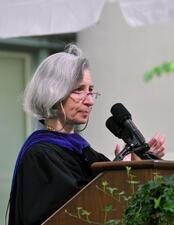Activism
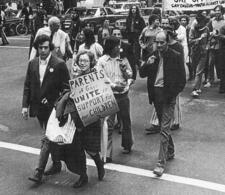
Jeanne Manford
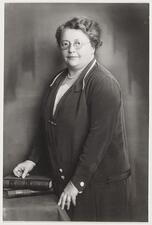
Rosa Manus
Rosa Manus was a Dutch leader in international women’s movements for suffrage and equality, as well as a vocal pacifist before and during World War II. As a Jew, she at times clashed with other feminist leaders.
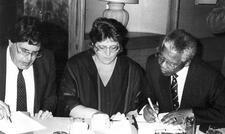
Gill Marcus
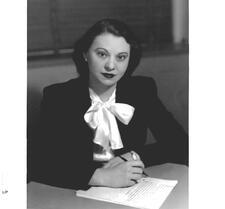
Bessie Margolin
Bessie Margolin was raised in New Orleans’s Jewish orphanage, where she learned powerful lessons in social justice that propelled her trailblazing legal career through the New Deal and Nazi War Crimes Trials to the United State Supreme Court, where she championed the rights of millions of American workers. A reluctant feminist who became the nation’s top fighter for equal pay for women and a co-founder of NOW, Margolin used intellect and charm to open courtroom doors for countless women who have followed.
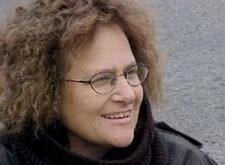
Marilyn Golden
Marilyn Golden was a long-time disability rights advocate who played a leading role in advancing accessible architecture and transportation in the United States. She was a key player in developing the accessibility provisions of the Americans with Disabilities Act and ensuring their effective implementation.
Lenore Guinzburg Marshall
Lenore Guinzburg Marshall, novelist, poet, activist, and literary editor, pushed her publishing company to publish William Faulkner’s The Sound and the Fury after it had been rejected by twelve other publishers. She published her first novel, Only the Fear, in 1935 and her first poetry collection, No Boundary, in 1943, going on to write poetry, novels, short stories, essays, and a memoir.
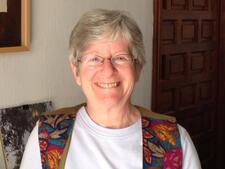
Martha Ackelsberg
Martha Ackelsberg is a Jewish feminist lesbian anarchist activist, community leader, and academic. She is a leading scholar of anarchism and of anarchist women’s organizations of the Spanish Civil War. A founder and/or early leading visionary in pivotal United States Jewish developments, Ackelsberg has been a key voice shaping feminist, lesbian, and havurah contributions to twentieth- and twenty-first century Jewish life.
Maskilot, Nineteenth Century
Nineteenth-century maskilot were Jewish women proponents of the Haskalah, who wished to take part in the cultural and social revolution it preached. Despite assumptions that the Haskalah was an exclusively male movement, a small number of women read Hebrew literature, wrote in Hebrew, and regarded themselves as part of the Haskalah movement.
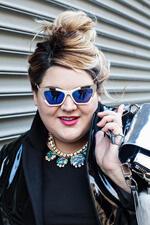
Nicolette Mason
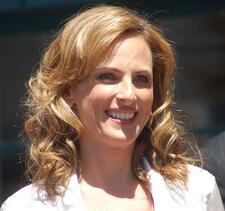
Marlee Matlin
Marlee Matlin’s Oscar-winning film debut in 1986’s Children of a Lesser God made history on multiple fronts. At 21, not only was Matlin the youngest-ever Best Actress winner, she was also the first Deaf actress to be recognized by the Academy. Her subsequent career in film and television, as an author, and as an activist for the Deaf community, has paved the way for inclusive, nuanced storytelling that showcases Deaf culture to hearing audiences.
Pearl Bernstein Max
Irma May
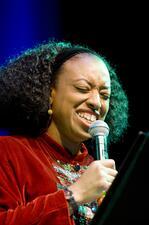
Yavilah McCoy
Portrayals of Women in Israeli Media
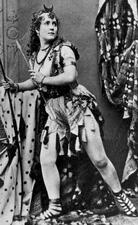
Adah Isaacs Menken
In her short but remarkable life, actress Adah Isaacs Menken became legendary for her scandalous defiance of convention. One of the most glamorous celebrities of the 1860s, Menken also cultivated a literary following. She wrote poetry and developed relationships with Walt Whitman and Charles Dickens, among others.
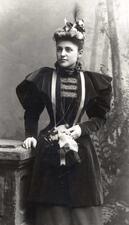
Alice Davis Menken
Alice Davis Menken was an influential social reformer whose many published works had a notable impact on the field of penology. She became interested in delinquency among young female Jewish immigrants while working at a settlement house on the Lower East Side. Menken proceeded to pioneer the argument that therapy, not punishment, is the most effective treatment for young delinquents.
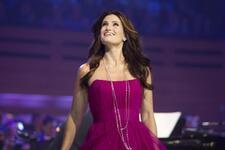
Idina Menzel
Eve Merriam
Eve Merriam was an accomplished poet and playwright, best known for her books of children’s poetry that are beloved by audiences of all ages. Her life and career centered around New York, where she used her keen critical eye and unique tactile style to create poems and plays about urban life, social justice, feminism, and more.
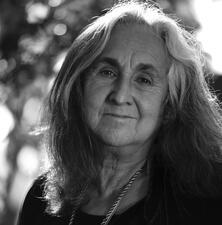
Deena Metzger
Katya Gibel Mevorach

Annie Nathan Meyer
Annie Nathan Meyer promoted women’s higher education and founded Barnard College, New York’s first liberal arts college for women. She also chronicled women’s work, dramatized women’s status in plays, novels, and short stories, and raised funds for Jewish and black students to attend Barnard.
Eugenia Goodkind Meyer
A prominent civic leader in Westchester County, New York, Eugenia Goodkind Meyer was a longtime advocate of civil rights. She and her husband founded an urban welfare league offering services to African Americans in White Plains, New York.
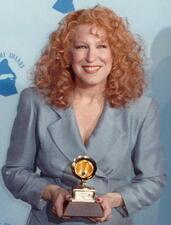
Bette Midler
Bette Midler went from canning pineapples at a factory in Honolulu to starring in over 20 films, releasing two dozen records, and touring the world with record-breaking live concert performances. Midler got her start at a gay bathhouse in New York, where she developed the campy and confident persona “The Divine Miss M.” Her career in show business spans decades, old and new media, and musical genres.
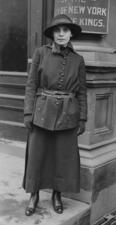
Fania Mindell
Fania Mindell was a feminist activist and co-founder of a birth control clinic. She was arrested and fined for her work, which helped bring America’s attention to women’s health. She also worked on Broadway as a translator and costume and set designer.
